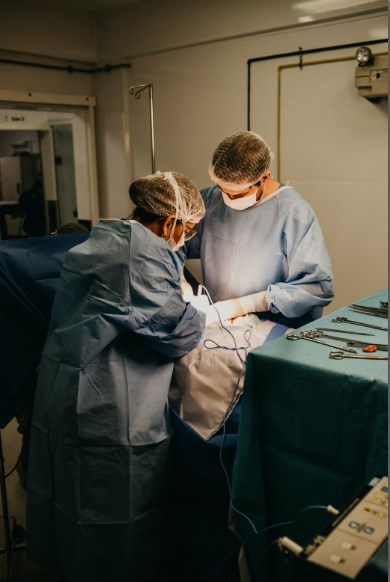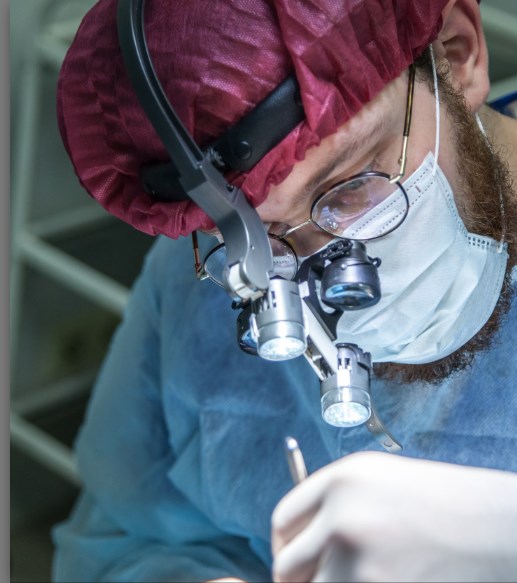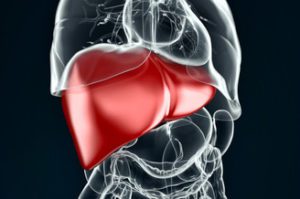The liver is an essential organ in the right upper quadrant of the abdomen which clears waste products.
Liver transplant surgery is necessary for patients who are in a life-threatening situation due to liver diseases that are not further treatable with medical therapy. Best liver transplant surgeon in India makes it safe and easy procedure.
The most common disease that can cause this need is cirrhosis, or the structural transformation of the liver resulting from the death of hepatocytes, the liver cells. Cirrhosis caused by hepatitis C is the most common indication for liver transplantation.
Since the number of those who need a Liver transplant surgery is far higher than the availability of healthy organs to be transplanted, the decision is made on the basis of extremely rigorous medical criteria that assess the patient’s ability to derive an effective benefit from the procedure. The evaluation process involves the study of the functionality of vital organs and systems such as cardio-circulatory, pulmonary, neurological, to avoid operating risks related to the presence of other serious diseases.
A liver transplant lasts between 6 and 12 hours. During the operation, the liver transplant specialist removes the diseased liver and replaces it with the donated organ. After surgery, most patients remain in the hospital for up to three weeks.



